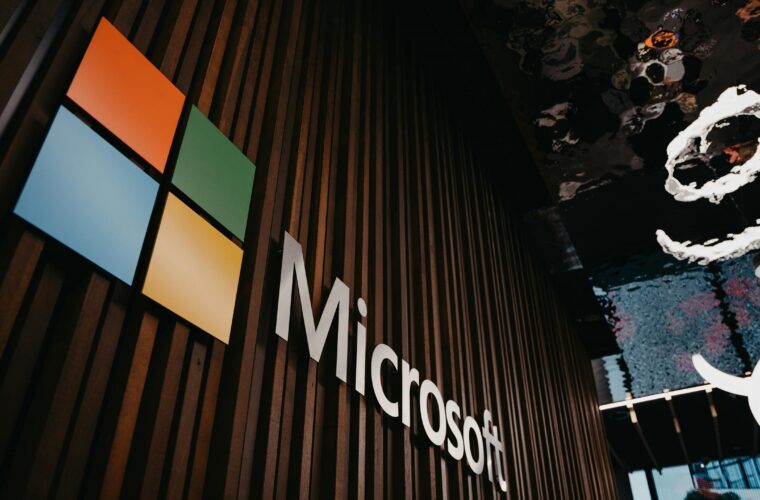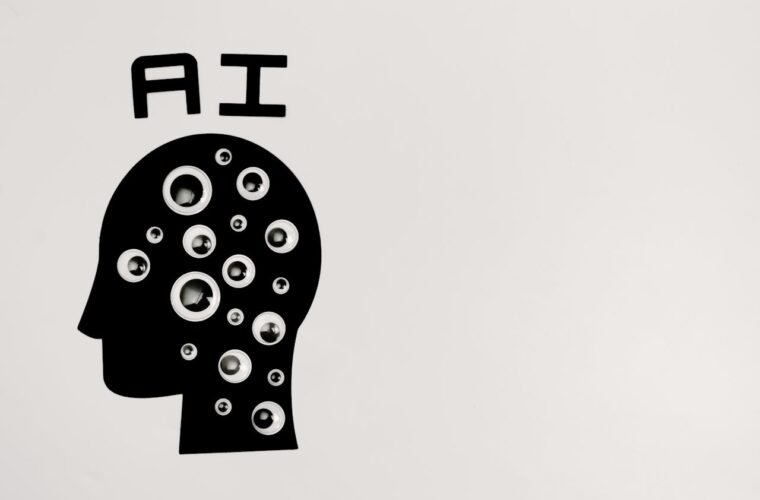Telecom 2030: As 2030 fast approaches, the telco industry is in the midst of a transformation. What once seemed impossible now is so near and true for a different field. Robots work with the humans in the hospital to assemble a car and rescue people in certain situations. All this is real thanks to the innovations in hardware and software development but also the consolidation of 5G. The industry is in a critical years also because AI promises to boost the adoption of the new (not so new) standard, there is where it could be valuable. During the Mobile World Congress in Barcelona, we talked with Priya Kurien, IBM Global Research Lead.
“We know that over what a trillion dollars is going to be spent on networks between 2023 and 2030. The keeping is the prevalence of 5G getting more widespread is just making a happen. We spent the last 2 years waiting for it to happen, but I think there’s much optimism that it is now happening. So, one of the things that we talked about in our quarter is CSP (content service provider). Providing connectivity is one thing, but 1 of our interviews said connectivity alone becomes a commodity planet so what you need is to have a value on top of a connectivity”.
A previous report that IBM produced a few months ago says that the 5G must create value for the entire industry, not only in terms of velocity and stability of the network but also to reduce the connection gap in the area and in the industry that are now far from the innovation. “Today, a whole factory of 20000 m² can be covered by 5G and we can do this also by implementing some kind of solutions about the automation and security”.
With the accelerated rise of artificial intelligence in the industry, the key question is: what is the role of AI in the workplace, and how can it foster inclusivity within organizations? AI-powered language tools and AI-driven employee feedback and recognition systems are also the best inclusive communication methods. AI can be harnessed as a powerful tool to foster diversity, equity, and inclusion, ultimately leading to improved organizational culture and performance.
Don’t fear the AI
“10 or 20 years ago, we have great crisis because of the increasing population, so globally we had a food problem. How can we feed the planet? That is not a problem today, and because technology was utilized to include cropping and get the food production and supply genes going to work. I want to use that same analogy when it comes to something like AI today, we can sit there and watch it’s going to take away jobs. I think what’s going to happen is people full adapt, they will bring it in. But they will do new types of work. I’m much more optimistic about technology can be good or bad. It’s up to us, and I think if we govern it well have accelerated governance”.
Moreover, AI has already helped us through a difficult period, that of Covid. “I’m based in London, so the NHS, the National Health Service, deployed a solution using AI for the audio analysis, so they were able to use the sound of a cough on COVID to be able to detect cases faster. It means that the world’s changing. In the next years we can expect so many innovations that now still cannot imagine or understand”. The humans will be ready for all this? “I really don’t know but I think we will just adapt as a children do. We used to hunt for a living, today there are those who do it for us. So, it will be tomorrow, when ChatGPT will do things in our place, things we do today”.

Increase the cybersecurity
The scenario the manager told us foresees a big increase in data. All information that would be of use to criminals. How do we deal with it? “Getting the telecoms networks to be ready for a time when computers come out because the worry everyone has is, it will be the hackers who buy a quantum computer and then tip to a hack, so we need to improve our defense. And one piece of that is the aspect of harvest now it’s safer later, preparing for quantum computers eventually, but there’s a risk now because if they have the data, if it’s data that has longevity, they can use it later”.
Last year, IBM announced the construction of the first quantum data centre in Europe and the first outside the United States. It will be located in Einhingen, near Frankfurt, where IBM has its German headquarters, and will open in 2024. The company also announced what it calls a ‘multi-channel scheduler’, a service that allows calculations to be performed where needed by simplifying the process of selecting the geographical region of execution. With the opening of the new computing centre, however, a problem arises: How can we guarantee users that data processed on quantum computers remains within specific regions?
In other words, how can we guarantee compliance with digital sovereignty and privacy laws? IBM’s answer lies in a service called the ‘multi-channel scheduler’: ‘scheduler’ is a term that has been in use for decades in computer science and indicates a method for scheduling the execution of processes on the CPU; in this case, however, it is a service that directs calculations to the desired (or most appropriate) quantum data centre, regardless of where they come from. This means that service users will be able to choose between the US and European data centers according to their specific needs while also considering the stringent privacy measures in force in Europe.



